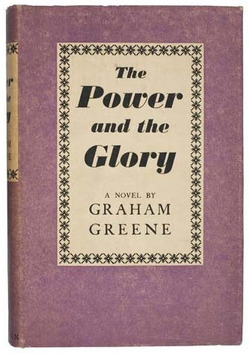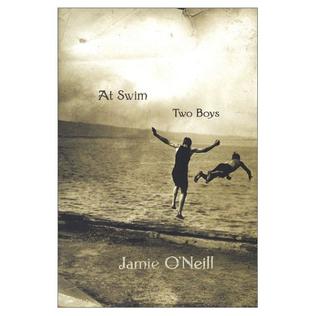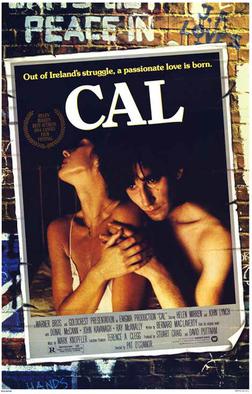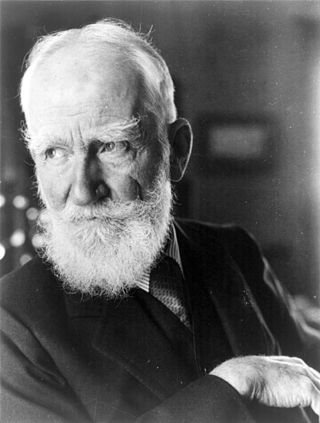The Shankill Butchers were an Ulster loyalist paramilitary gang – many of whom were members of the Ulster Volunteer Force (UVF) – that was active between 1975 and 1982 in Belfast, Northern Ireland. It was based in the Shankill area and was responsible for the deaths of at least 23 people, most of whom were killed in sectarian attacks.

East of Eden is a novel by American author and Nobel Prize winner John Steinbeck, published in September 1952. Many regard the work as Steinbeck's most ambitious novel, and Steinbeck himself considered it his magnum opus. Steinbeck said of East of Eden: "It has everything in it I have been able to learn about my craft or profession in all these years," and later said: "I think everything else I have written has been, in a sense, practice for this." Steinbeck originally addressed the novel to his young sons, Thom and John. Steinbeck wanted to describe the Salinas Valley for them in detail: the sights, sounds, smells and colors.

Tom Ripley is a fictional character in the Ripley series of crime novels by American novelist Patricia Highsmith, as well as several film adaptations. He is a career criminal, con artist, and serial killer. The five novels in which he appears—The Talented Mr. Ripley, Ripley Under Ground, Ripley's Game, The Boy Who Followed Ripley, and Ripley Under Water—were published between 1955 and 1991.

The Power and the Glory is a 1940 novel by British author Graham Greene. The title is an allusion to the doxology often recited at the end of the Lord's Prayer: "For thine is the kingdom, the power, and the glory, forever and ever, amen." It was initially published in the United States under the title The Labyrinthine Ways.

The Brothers Karamazov, also translated as The Karamazov Brothers, is the last novel by Russian author Fyodor Dostoevsky. Dostoevsky spent nearly two years writing The Brothers Karamazov, which was published as a serial in The Russian Messenger from January 1879 to November 1880. Dostoevsky died less than four months after its publication. It has been acclaimed as one of the supreme achievements in world literature.

William Moore was a Northern Irish loyalist. He was a member of the Shankill Butchers, an Ulster Volunteer Force (UVF) gang. It was Moore who provided the black taxi and butcher knives which the gang used to carry out its killings. Following ringleader Lenny Murphy's arrest, Moore took over as the de facto leader of the gang and the killings continued.
Bernard MacLaverty is an Irish fiction writer and novelist. His novels include Cal and Grace Notes. He has written five books of short stories.
The acronym GUBU, standing for grotesque, unbelievable, bizarre and unprecedented, refers to a strange series of incidents in Ireland in the summer of 1982 which culminated in a double-murderer, Malcolm MacArthur, being apprehended in the home of the then-Attorney General, Patrick Connolly.

At Swim, Two Boys (2001) is a novel by Irish writer Jamie O'Neill. The title is a punning allusion to Flann O'Brien's At Swim-Two-Birds. The book is written in a stream-of-consciousness style, which has led to favourable comparisons to James Joyce.
Edwin Roscoe Stephenson was a minister of the now defunct Methodist Episcopal Church, South, and a member of the Ku Klux Klan. He shot and killed Catholic priest James Coyle on August 11, 1921, in Birmingham, Jefferson County, Alabama, but was acquitted of the murder. His main lawyer was future U.S. Supreme Court Justice and future U.S. Senator, Hugo Black.

Cal is a 1984 Irish drama film directed by Pat O'Connor and starring John Lynch and Helen Mirren. Based on the novella Cal (1983) written by Bernard MacLaverty, who also wrote the script, the film was entered into the 1984 Cannes Film Festival, where Mirren won the award for Best Actress. Most of the movie was filmed in Drogheda in locations around the town, including Barrack Street and St. Finian's Park.

Grace Notes is a novel by Bernard MacLaverty, first published in 1997. It was shortlisted for the prestigious Booker Prize for Fiction.
Events during the year 1983 in Northern Ireland.
Lamb is a 1985 Irish drama film, directed by Colin Gregg and starring Liam Neeson, Hugh O'Conor and Ian Bannen. The film is based on the novel by Bernard MacLaverty, who also wrote the screenplay. It was released in Ireland on 10 October 1986.

In the Flesh is a 1998 independent gay-themed murder mystery film, produced, written, and directed by Ben Taylor. It is set in Atlanta, Georgia where it was filmed on a very low budget, according to the writer-director. It tells how two gay men on both sides of the law are brought together as intimate friends amid the dark events and circumstances that surround them.

That part of the United Kingdom called Northern Ireland was created in 1922, with the partition of the island of Ireland. The majority of the population of Northern Ireland wanted to remain within the United Kingdom. Most of these were the Protestant descendants of settlers from Great Britain.

James Nesbitt MBE was a Royal Ulster Constabulary (RUC) Detective Chief Inspector who was best known for having headed the Murder Squad team investigating the notorious Shankill Butchers' killings in the mid-1970s. Working from the C Division headquarters at Tennent Street off Shankill Road, Belfast, he eventually caught most of the "Butchers" which led to their convictions. Having received a total of 67 commendations throughout his career, this is the highest number for any policeman in the history of the United Kingdom. In 1980, he was given the MBE "in recognition of his courage and success in combating terrorism".

O'Flaherty V.C., A Recruiting Pamphlet (1915) is a comic one-act play written during World War I by George Bernard Shaw. The plot is about an Irish soldier in the British army returning home after winning the Victoria Cross. The play was written at a time when the British government was promoting recruitment in Ireland, while many Irish republicans expressed opposition to fighting in the war.

Ethan Hardy is a fictional character from the BBC medical drama Casualty, played by actor George Rainsford. He first appeared in the series twenty-eight episode "Bad Timing", broadcast on 11 January 2014. Rainsford's casting was announced alongside Richard Winsor who had been hired to play Ethan's brother Caleb Knight. The pair were described by the show's executive producer Oliver Kent as completely different characters who would change the dynamic on Casualty. Ethan is a Specialist registrar in emergency medicine and is an excellent medic who had worked hard to achieve his position in the profession. He is characterised as a shy, socially awkward person with a serious and attentive attitude. Throughout his inclusion in the show Ethan has shared an on-screen friendship with like minded Lily Chao. He has had romantic stories alongside the character Honey Wright. Writers developed Ethan's relationship with his brother Cal into a sibling rivalry. This has provided both characters with dramatic stories.













